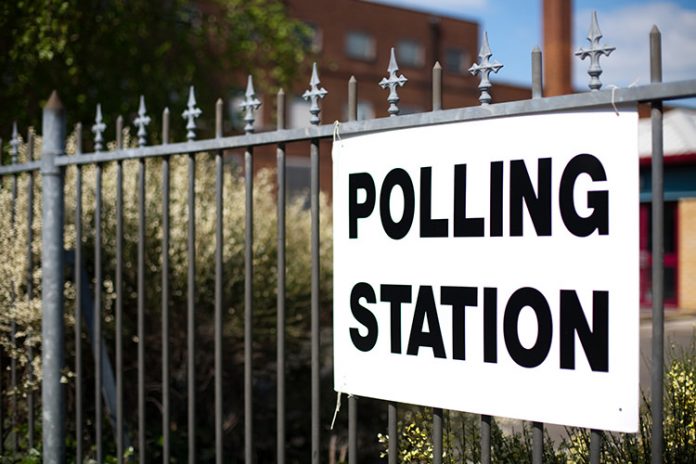As the counts got underway during the local elections in England and Northern Ireland, voters appeared to be on track to deliver a stinging rebuke to both Theresa May‘s Conservative Party and Jeremy Corbyn’s Labour Party, with a largely divided and dissatisfied electorate.
More than 8,000 seats on English councils were up for grabs in the first elections since Britain missed its 29 March Brexit date, and the first since 2015, the same day as the Conservatives won the general election.
The first results came in less than two hours after polls closed, with Labour holding councils it already controlled, but support for the party appeared to have fallen sharply since 2015, with early results indicating some swell in support for the anti-Brexit parties the Liberal Democrats and the Green Party.
When the full results are known, later on Friday, many analysts believe they will paint a picture, albeit an imperfect one, of how the handling for Brexit has impacted support for the Tories Conservative Party, and Jeremy Corbyn’s Labour Party.
The Conservatives have been forecast to lose hundreds of seats, with one analysis suggesting the final toll could top 1,000.
Labour, which has rejected Ms May’s vision of Brexit, were expected to make gains, at the Conservatives’ expense.
Brexit minister James Cleverly said Brexit was “the backdrop” for the local elections.
“Because the Labour Party have failed to help land Brexit, there will be frustration. And because we are the party of government, that will disproportionately be taken out on us. I wish it weren’t so, but we’ve got to be realistic about this.”
Later in the night, Barnsley council leader, Labour’s Steve Houghton, told the BBC It was “not looking good” for his party.
“This is going to be a very difficult night for Labour. We’ve been out and about across the borough and the message we’re getting loud and clear is all about Brexit and the residents are telling us they’re going to make sure there’s some changes because of their dissatisfaction.”
Roughly half of the results came in overnight, with the rest due to arrive during the daytime on Friday.
Although coming just a few weeks before this month’s European elections, the results from Thursday’s election will not provide a clear guide to the forthcoming vote as neither Nigel Farage’s new Brexit Party nor the Remain-backing Change UK have fielded candidates.
In Northern Ireland a total of 819 local council candidates were standing across 11 council areas.
Initial indications from some of the 1,463 polling stations across Northern Ireland suggest a solid turnout, with the good weather appearing to have buoyed numbers casting their ballots.
The official turnout figure in the last council election in 2014 was 51 per cent.
There will be overnight verification of unused ballot papers returned from the polling stations, with councils ready to begin counting on Friday at 8am. Counting will continue into Saturday before the final picture is known.








